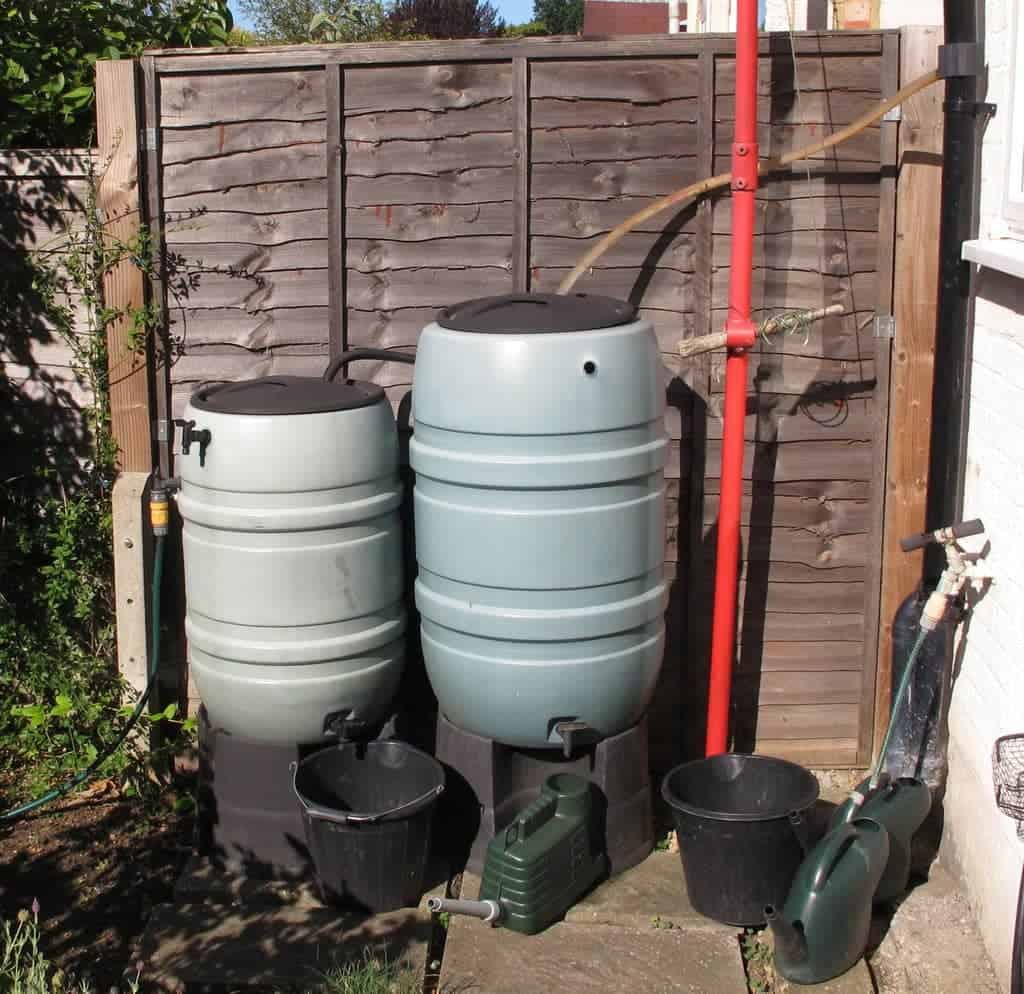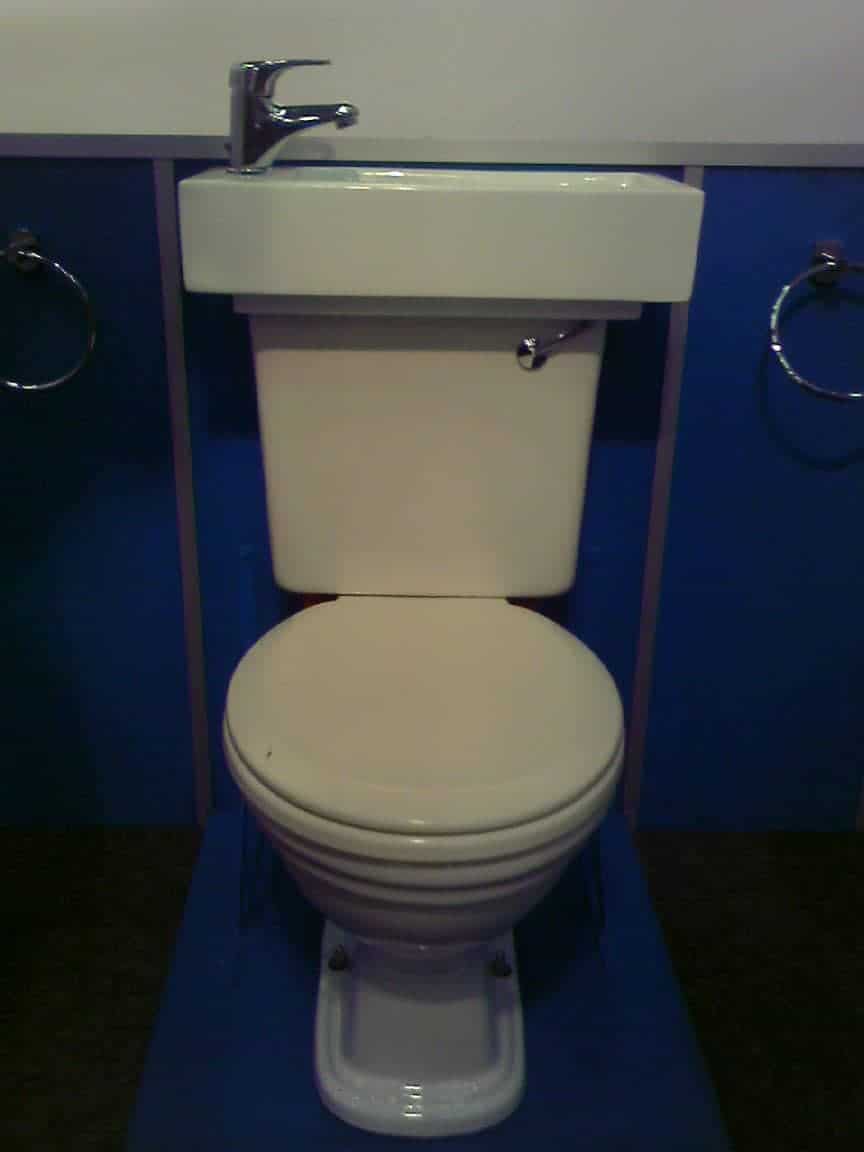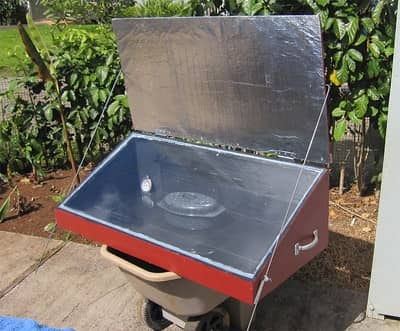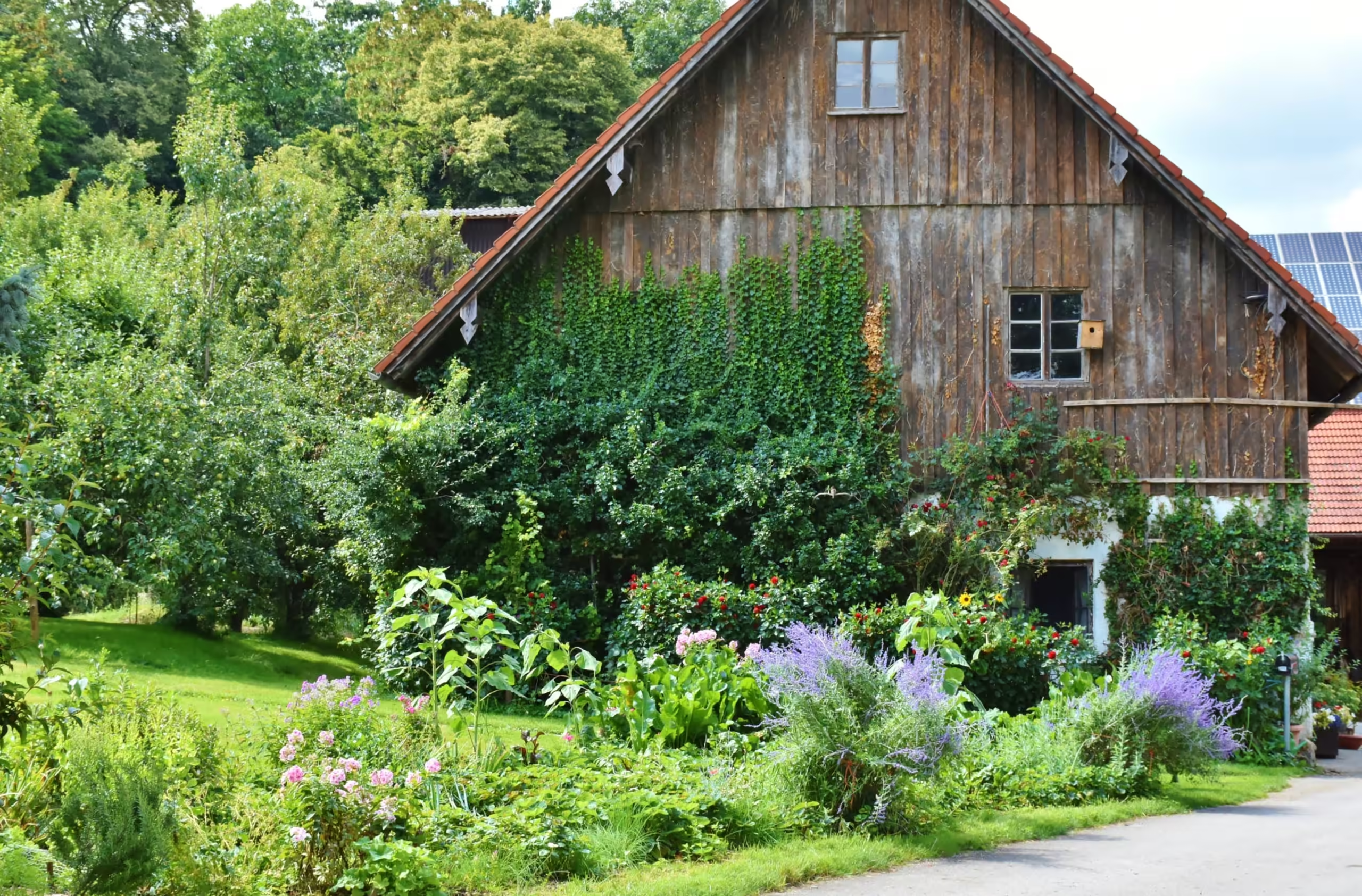
Living off the grid offers a rewarding and sustainable lifestyle and learning these simple off-grid living hacks are must for anyone starting off. In contrast to the constant noise and pollution of city life, off-grid living appeals to those desiring a simpler life more in touch with nature. Embracing the concept of living off grid promotes self-sufficiency and sustainable living, allowing you to grow your own food, generate electricity using solar panels, and use natural cleaning solutions.
In addition, off-grid living can be a powerful response to the climate crisis. By reducing reliance on fossil fuels and minimizing waste, this lifestyle significantly lowers your carbon footprint and helps combat global carbon emissions.
This article will share practical tips and tricks to enhance your off-grid lifestyle. From energy solutions to water management, food preservation, and waste reduction, these hacks will guide you toward a self-sufficient, eco-friendly way of living. Let’s dive into these valuable strategies for a more efficient and enjoyable off-grid experience.
Energy Solutions

Harnessing Solar Power
Solar power is a cornerstone of off-grid living, providing a renewable and reliable energy source. Here are some simple hacks to maximize your solar panel efficiency:
Optimal Placement: Ensure your solar panels are positioned to receive maximum sunlight throughout the day. Aim for a south-facing orientation in the Northern Hemisphere and a north-facing one in the Southern Hemisphere.
Regular Cleaning: Dust, dirt, and debris can reduce the efficiency of your solar panels. Clean them regularly with a soft brush and soapy water to maintain optimal performance.
Monitor Performance: Use a solar power monitoring system to track your energy production and consumption. This will help you identify any issues early and adjust your usage patterns accordingly.
Wind Power

Wind power can complement solar energy, especially in areas with consistent wind patterns. Here’s how to incorporate wind energy into your off-grid system:
Small Wind Turbines: Install small wind turbines to generate electricity for your off-grid home. These turbines are easier to set up and maintain compared to larger systems.
DIY Projects: Consider building a DIY wind turbine as a cost-effective alternative. There are plenty of online resources and tutorials to guide you through the process.
Maintenance Tips: Regularly inspect your wind turbines for any signs of wear and tear. Lubricate moving parts and tighten any loose bolts to ensure smooth operation.
Water Management

Rainwater Harvesting
Water is a vital resource for any off-grid lifestyle. Rainwater harvesting is a simple and effective way to secure a sustainable water supply. Here’s how you can get started:
Setting Up a Basic System:
Gutter Installation: Install gutters on your roof to direct rainwater into a collection system. Ensure they are clean and free of debris.
Storage Tanks: Use large storage tanks or barrels to collect and store rainwater. Position them strategically around your home for easy access.
Purification Tips:
First Flush Diverter: Install a first flush diverter to remove the initial runoff, which may contain contaminants from the roof.
Filtration System: Use a basic filtration system to ensure the water is safe for drinking and household use. Simple filters can remove debris and bacteria effectively.
Greywater Recycling

Recycling greywater is another excellent way to conserve water. Greywater from sinks, showers, and laundry can be reused for irrigation and other non-potable purposes. Here’s how to implement a greywater system:
Simple Systems for Reusing Water:
Laundry-to-Landscape System: Redirect greywater from your washing machine to your garden. This system is easy to set up and requires minimal maintenance.
Shower-to-Garden System: Capture shower water and use it to water plants. Install a diverter valve to switch between draining and collecting water.
Benefits for Your Garden and Water Bill:
Irrigation: Use greywater to irrigate your garden, reducing the need for fresh water and lowering your water bill.
Soil Health: Greywater contains nutrients that can benefit garden soil, promoting healthier plants.
Food and Cooking

Gardening Hacks
An off grid homestead thrives on a garden that provides fresh food and a sense of self-sufficiency. Here are some simple gardening hacks:
Building Raised Garden Beds:
Benefits: Raised beds improve drainage, reduce soil compaction, and make gardening more accessible.
How-to: Construct raised beds using reclaimed wood or other materials. Fill them with quality garden soil and compost.
Using Compost for Rich Garden Soil:
Composting: Create a compost bin to recycle kitchen scraps and yard waste. This enriches your soil with nutrients.
Application: Mix compost into your garden soil to boost fertility and plant health.
Companion Planting Tips:
Pairing Plants: Grow complementary plants together to enhance growth and deter pests. For example, plant basil near tomatoes to repel insects.
Food Preservation Techniques

Preserving food is crucial for an off-grid lifestyle, ensuring you have supplies during off-seasons. Here are some methods:
Canning:
Process: Sterilize jars, fill them with produce, and seal them using a water bath or pressure canner.
Benefits: Canning extends the shelf life of your harvest, providing you with food year-round.

Drying:
Methods: Use a dehydrator, oven, or sun drying to preserve fruits, vegetables, and herbs.
Storage: Store dried foods in airtight containers to maintain their quality.
Fermenting:
Basics: Ferment vegetables like cabbage and cucumbers to make sauerkraut and pickles.
Health Benefits: Fermented foods are rich in probiotics, promoting gut health.
Energy-Efficient Cooking

Cooking efficiently saves energy and reduces your carbon footprint. Here are some tips:
Using a Wood Stove:
Dual Purpose: A wood stove can provide heat and be used for cooking.
Fuel: Use sustainably sourced wood to minimize environmental impact.
- Solar Ovens and Rocket Stoves
- Solar Ovens: Harness the sun’s energy to cook food without electricity.
- Rocket Stoves: These stoves are efficient, using less wood and producing less smoke.

Heating and Cooling
Efficient Heating Solutions
Staying warm off the grid requires effective and sustainable heating methods. Here are some tips:
Insulating Your Off-Grid Home:
Materials: Use natural insulation materials like wool, straw bales, or recycled cellulose.
Techniques: Seal gaps and add insulation to walls, floors, and roofs to retain heat.
DIY Solar Heaters:
Construction: Build a simple solar air heater using black-painted cans, a glass front, and an insulated box.
Placement: Install the heater on a south-facing wall to maximize solar gain.
Natural Cooling Techniques
Cooling your home naturally reduces reliance on air conditioning and saves energy. Here are some methods:
Passive Cooling Methods:
Ventilation: Use cross-ventilation to cool your home. Open windows on opposite sides to create a breeze.
Shading: Plant trees or install shades to block direct sunlight from heating your home.
Effective Use of Shading and Ventilation:
Shade Cloths: Use shade cloths on windows and outdoor spaces to reduce heat gain.
Night Ventilation: Open windows at night to let in cooler air and close them during the day to keep the heat out.
Waste Management
Composting Toilets

Composting toilets are a sustainable waste management solution for off-grid living. Here’s how to set one up and maintain it:
Setting Up a Composting Toilet:
Basic Design: Use a simple bucket system or a commercial composting toilet.
Carbon Material: Add carbon-rich materials like sawdust or straw after each use to promote composting.
Maintaining and Using Compost for Your Garden:
Composting Process: Allow waste to decompose fully before using it as fertilizer.
Application: Use the finished compost to enrich your garden soil.
Reducing Household Waste
Minimizing waste is essential for a sustainable off-grid lifestyle. Here are some strategies:
Simple Ways to Minimize Waste:
Reduce: Buy in bulk and avoid single-use products to reduce packaging waste.
Reuse: Repurpose items instead of discarding them.
Reusing and Recycling Tips:
Repurposing: Turn old clothes into rags or use glass jars for storage.
Recycling: Set up a recycling system for materials like paper, plastic, and metal.
Financial and Practical Tips

Saving Money
Off-grid living can be cost-effective with the right strategies. Here are some tips to save money:
Cost-Effective Off-Grid Projects:
DIY Solutions: Opt for DIY projects to reduce costs. There are many online tutorials for building your own systems.
Used Materials: Use reclaimed or second-hand materials for your projects.
Budgeting for Off-Grid Living:
Expense Tracking: Keep track of your expenses to identify areas where you can save.
Prioritizing: Focus on essential projects first, then gradually add improvements.
Building a Self-Sufficient Lifestyle
Developing self-sufficiency skills is crucial for off-grid living. Here are some areas to focus on:
Skills to Learn and Develop:
Gardening: Learn how to grow your own food and maintain a productive garden.
DIY Repairs: Acquire basic repair skills for maintaining your home and systems.
Community Resources and Support:
Networking: Connect with other off-gridders for advice and support.
Workshops: Attend workshops or online courses to learn new skills.

Living off the grid offers a rewarding and sustainable lifestyle filled with opportunities to learn and grow. By implementing these simple off-grid living hacks, you can enhance your self-sufficiency, reduce your carbon footprint, and create a more sustainable future. Whether you’re just starting or are a seasoned off-gridder, these tips will help you make the most of your off-grid experience. Embrace the journey, share your knowledge, and continue to learn from the off-grid community.
